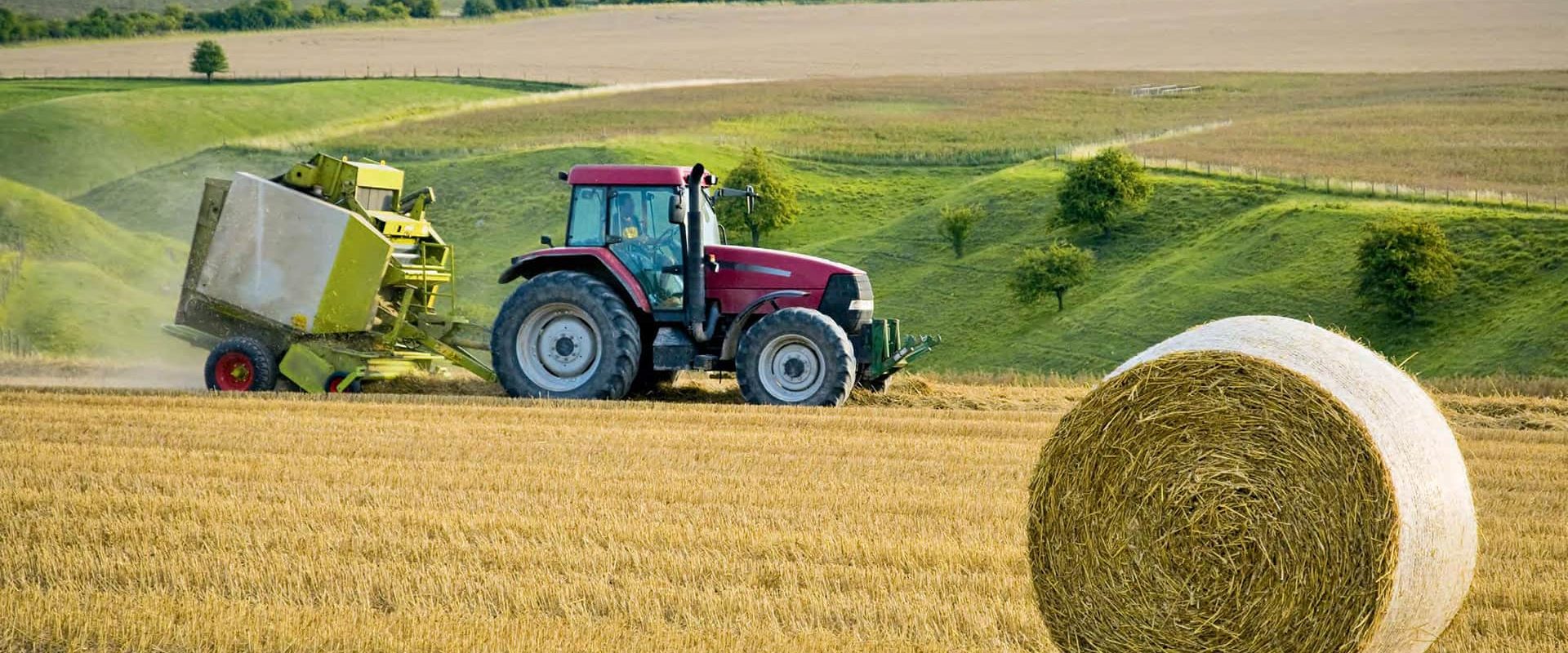Championing Animal Welfare & Responsible Farming is one of the core values of ICSA member cookery schools.
During World Wars I and II, those who were not out fighting in the trenches or on the beaches, untethered the remaining work horses, picked up their hoes, and started to plough the land to grow produce for the troops abroad to keep them fed and maintain their nutrition as much as possible. Back then food miles went from this green and pleasant land to the Western Front.
This focus on home-grown produce was born out of necessity, largely because our supplies from overseas were being bombed, depriving us of our bananas and sugary American chocolate. Once rationing had ended, we were eager to feast on overseas produce including
citrus fruit and the humble banana – my mum still remembers her first in the 1950s.
Our taste for exotic flavours continued with the introduction of kiwi fruit, mango, papaya and a host of weird and wonderful vegetables. More recently we’ve been enticed by ‘super-food’ goji berries, couscous, the asparagus from Kenya and Peru and a whole selection of
exotic vegetables and meats to indulge our gourmet curiosities.
So what about the humble British producer? Seemingly a rarity until the 1990s when we started to enjoy a flurry of celebrity chefs, and presenters ‘re-discovering’ British farmers via TV food tours of Britain by the likes of ‘Rick Stein’s Food Heroes’, and more
recently The Hairy Bikers’ various tours of Britain’s regions. We are now beating the French hands-down with our British cheeses (producing more varieties in the UK than France do), and even our English sparkling wines are knocking the French and the rest of Europe off their bar stools!
At the point of going to press we are due to leave Europe in the Spring. Or maybe we won’t? Now much that I love my European food, I am not certain how much the Europeans are going to love us after we turn our backs on them. Indeed, if they do wish to seek out our culinary creations, how easy is it going to be for them to acquire our wonderful produce, or indeed us theirs, with potentially poorer exchange rates and increased tariffs?
Home-produced is always best, for flavour, quality, nutrition, price and national pride. Britain can boast the highest standards of animal welfare in the world. We have the safest eggs in the world: 100% salmonella-free; with more than 50% of UK eggs being free-range; and some of the happiest chickens in Europe with more ‘living space’ allocated per farmed bird. We also boast a growing number of free-range, organic and ‘Freedom Food’ breeders; our beef and lamb is amongst the best in the world; and our pork is mainly outdoor bred.
As post-Brexit ‘free-trade’ deals are negotiated, we need to be wary of other, less welfare-focused countries keen to flood our market with less ethically produced meats, more chemically infused fruit and veg, and often inferior products. In the UK, many of our world leading chefs are working together with British producers buying their produce regionally and seasonally.
ICSA accredited cookery schools are also passionate in educating the next generation of chefs and domestic cooks on the importance of also sourcing regionally and seasonally. Maybe British farming is going to under-go another ‘home-grown’ renaissance, following the Governments’ replacement of the controversial EU’s ‘Common Agricultural Policy’, with our very own home grown version.
Almost 100 years since the end of the ‘Great War’ we should now re-focus on Great British produce and turn 2019 into the year to support, consume and #EATBRITISH.
by James Day, Founder of The GREATEST BRITISH Company, & Director of Not-for-Profit ICSA.
Article featured in ‘GREATEST BRITISH COOKERY SCHOOLS’ Guide to ICSA. Shop here

